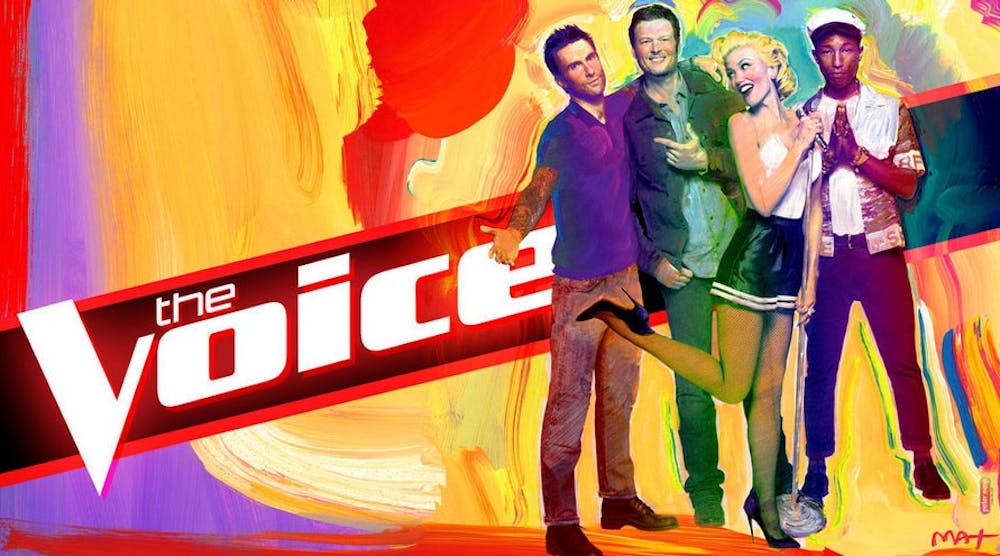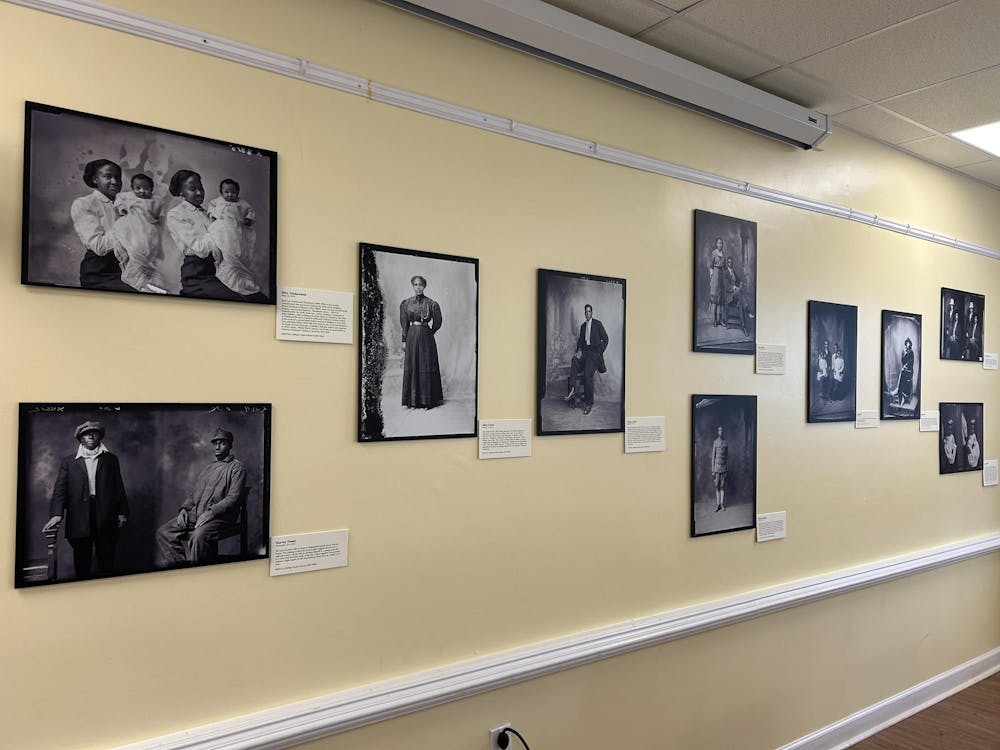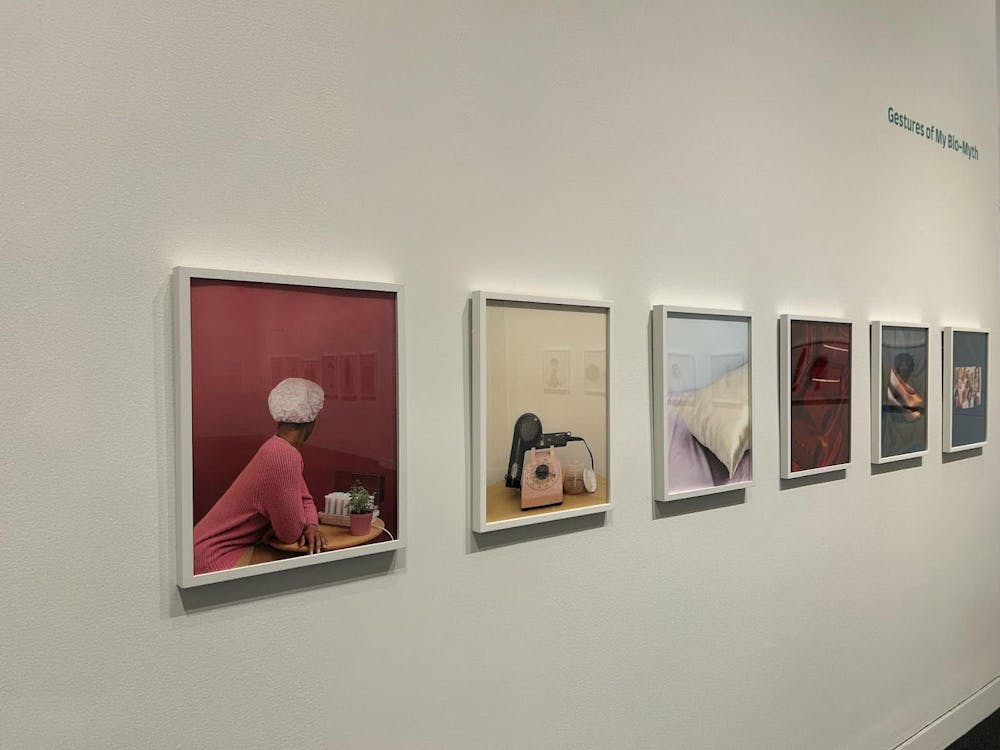In 2014, Ivonne Acero tried out for the eighth season of NBC’s “The Voice.” Acero, the child of Mexican immigrants, was just sixteen at the time and had spent most of her time working on her family’s cantaloupe farm. She auditioned with “Try” by Colby Caillat, but none of the four judges thought she was good enough to claim for their teams, and she was eliminated from the competition. Her father broke down in tears. So did Acero.
Then Pharrell Williams — producer, musician and one of the four coaches — took the stage. Walking up to Acero, he embraced her, and looked in her eyes. “You have an enormous gift,” he said, “Don’t let it go.”
In the second episode of season nine of the show, Acero came back to sing “Style” by Taylor Swift. This time, Williams and Gwen Stefani both turned their chairs. Acero’s father cried again but Acero, however, remained composed and thanked the coaches.
“I wouldn’t be back if it weren’t for your encouragement,” she said, “Your kind words really are what brought me back.”
“The Voice” exudes positivity. Each episode serves encouragement, self-discovery and comedy. Everyone who goes on the show — even if they are eliminated in the first round as Acero was in 2014 — learns a little bit about singing and leaves feeling as though they can pursue their dreams.
Much of the credit for this goes to the coaches — particularly Adam Levine and Blake Shelton, the two constants in what has been an otherwise rotating cast featuring Cee Lo Green, Shakira, Christina Aguilera, Usher, Stefani and Williams in any given season. The coaches are constantly supportive, give honest advice and have fun. Shelton and Levine have developed an irresistible, hilarious rapport over the past few seasons — when Shelton expressed his recognition of Acero after turning his chair around, Levine quickly put on his thickest southern accent and parroted his fellow coach, drawling, “I remember you, you worked at the fruit thang!”
“The Voice” is not “American Idol.” People tuned in to “American Idol” every week to see contestants fail spectacularly. The greater the failure, the crueler the insults would be from Simon Cowell and the more audiences could revel in the shortcomings of those onscreen. “The Voice,” on the other hand, does not sell failure. This series is about self-improvement, growth and discovery. The only people Shelton, Levine, Williams and Stefani have ever insulted on “The Voice” are each other — which they do often, good-naturedly and to great comic effect.
“American Idol” was the search for a celebrity, for someone to be worshipped, sexualized and branded. “The Voice” searches for someone who can sing — it doesn’t matter if they are particularly charismatic, suave or if they fit the stereotypical description of a star.
“American Idol” gave us very traditional stars in Kelly Clarkson and Carrie Underwood, as well as living-Ken-doll Scotty McCreery. “The Voice” has given us Jamaican powerhouse Tessanne Chin, flowy-haired fedora-wearing Sawyer Fredericks and crusty country singer Craig Wayne Boyd.
Cowell’s sneering, degrading performances on “American Idol” left singing competition shows with a bad reputation. Fortunately, “The Voice” has managed to leave its predecessor behind and create a wonderful, distinct show which is equal parts hilarious and heart-warming.







